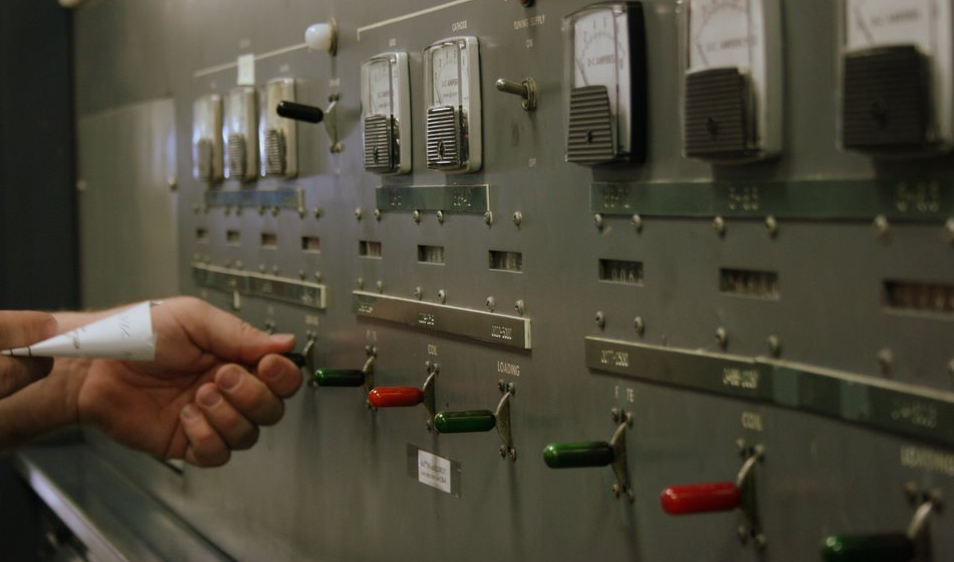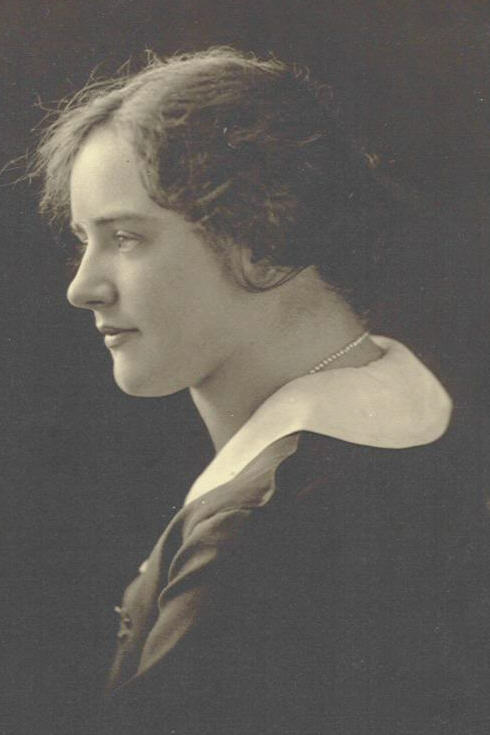Sunday afternoon--one week ago--I was at home to catch a bit of the GAA finals via RTÉ on 17,725 kHz, starting around 15:00 UTC.
I enjoy hearing sporting events broadcast over shortwave–perhaps it’s my imagination filling in the gaps from the live coverage or the washy sound of the crowds roaring. Regardless, RTÉ has a long-standing track record of broadcasting the GAA finals on every medium possible.
As I listened to the live broadcast, Sunday, I read Norman Freeman’s account of listening to the GAA finals from a ship in the Indian Ocean, back in 1956. He writes:
“Almost 50 years ago, listening to the All-Ireland by radio was uncertain and frustrating.
In 1956, RTÉ knew how much the All-Ireland meant to the Irish diaspora. Arrangements were made with the authorities in the then French Congo to have the match rebroadcast the following evening, on the powerful short-wave transmitter in Brazzaville.
The time and frequencies were published in the Irish newspapers. This information was sent by letter to the Irish on oil rigs off the coast of Borneo, to round-the-year painters on Brooklyn Bridge, and to missionaries within sight of Mount Kilimanjaro.
I had noted the time and frequencies before I was sent out to Mumbai to join my first ship, the Amra, as second radio officer. The hurling final was between two giants, Cork and Wexford.”
[Continue reading...]
While Freeman doesn’t miss the uncertainty and fickle nature of shortwave radio as the messenger of his favorite sporting event, his look back is certainly nostalgic. After all, Radio Brazzaville transported Freeman and his boss back to Ireland for the length of the game. And to RTÉ’s credit, they continue to broadcast to the Irish diaspora on shortwave radio, if only for this event.
If you would like to hear my recording of the GAA Finals, click here to download the MP3 recording, or simply listen via the embedded player below:























